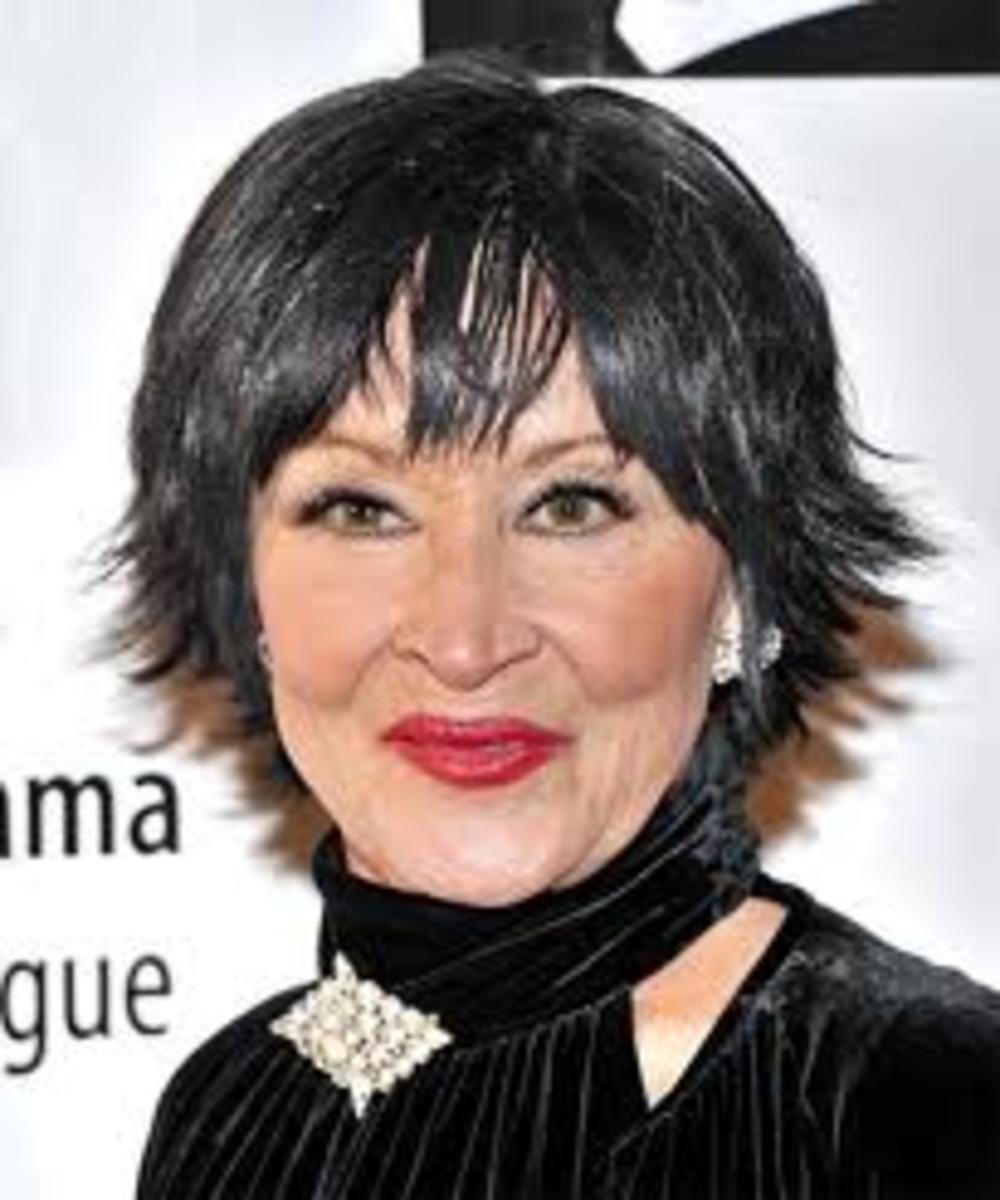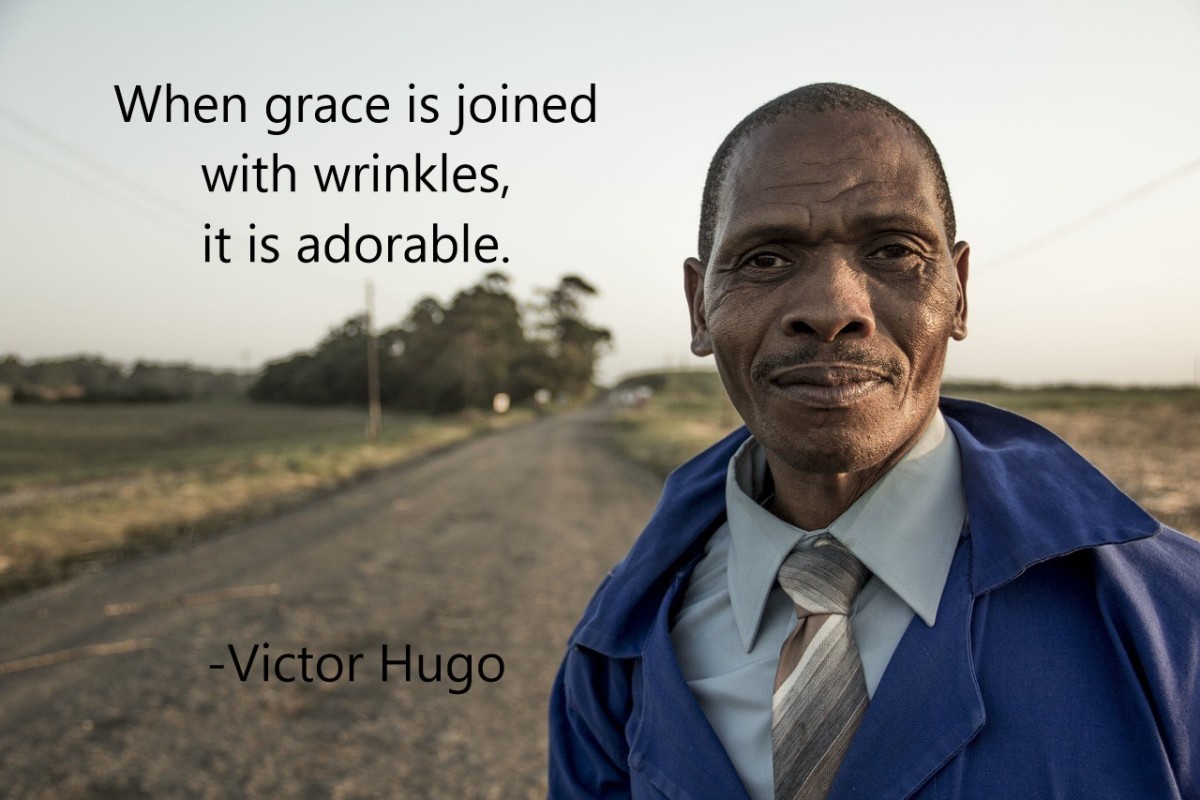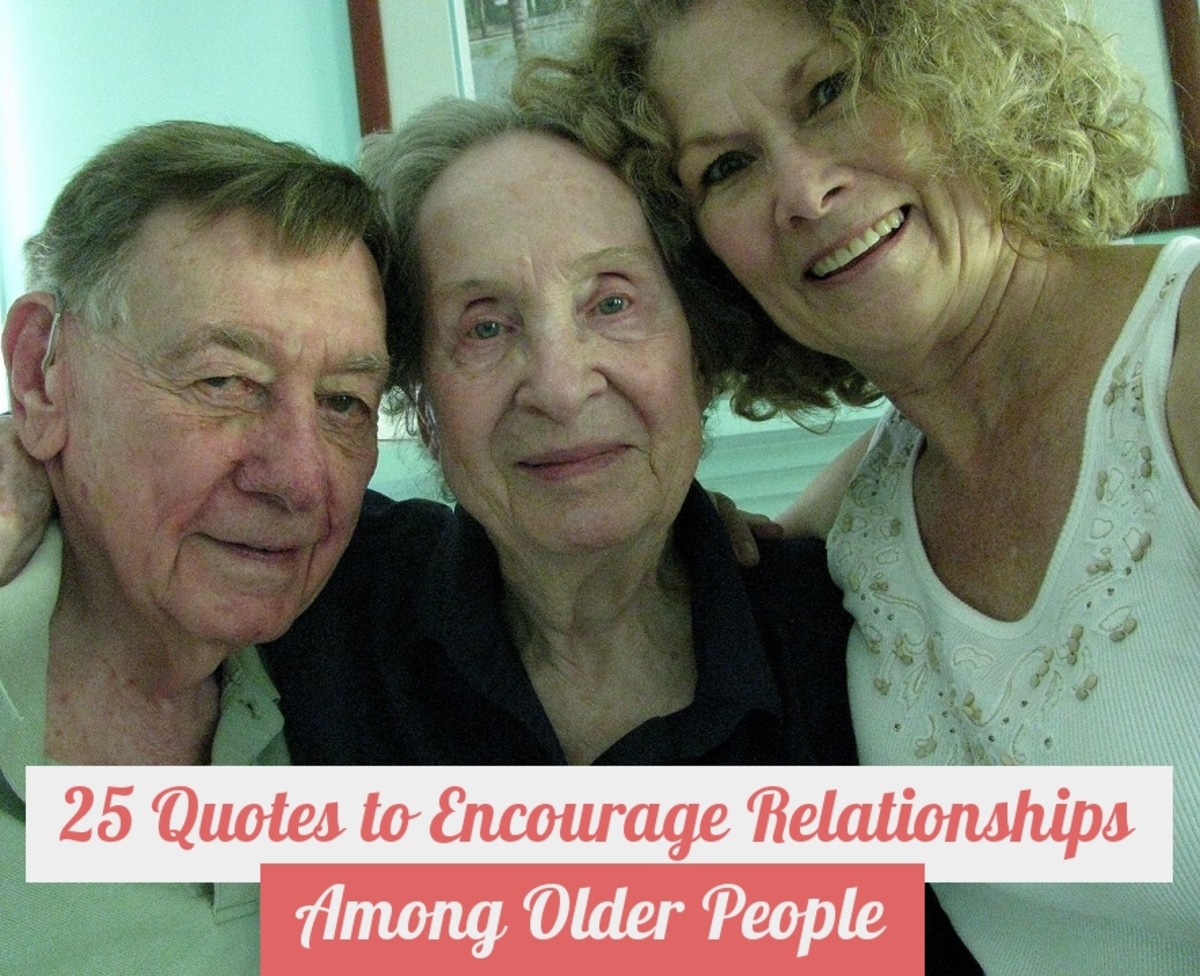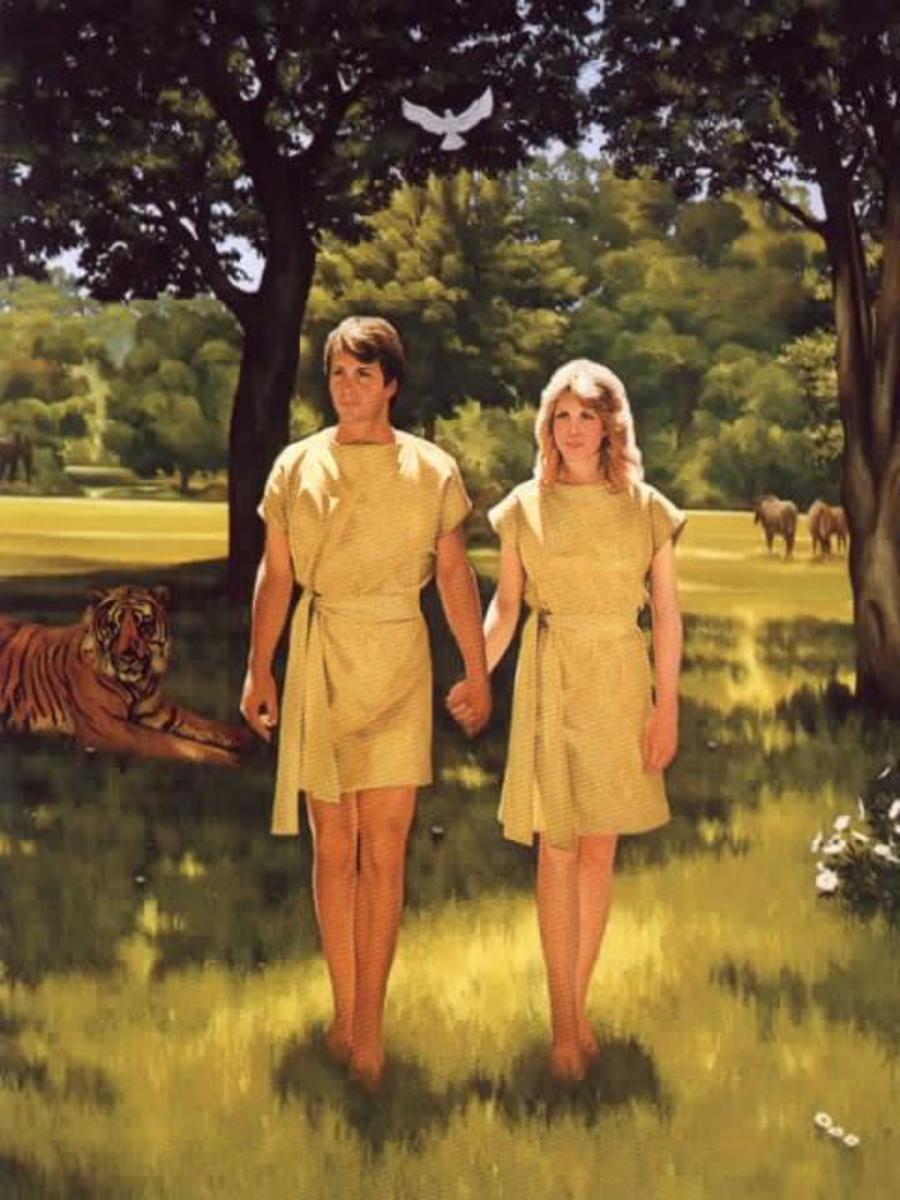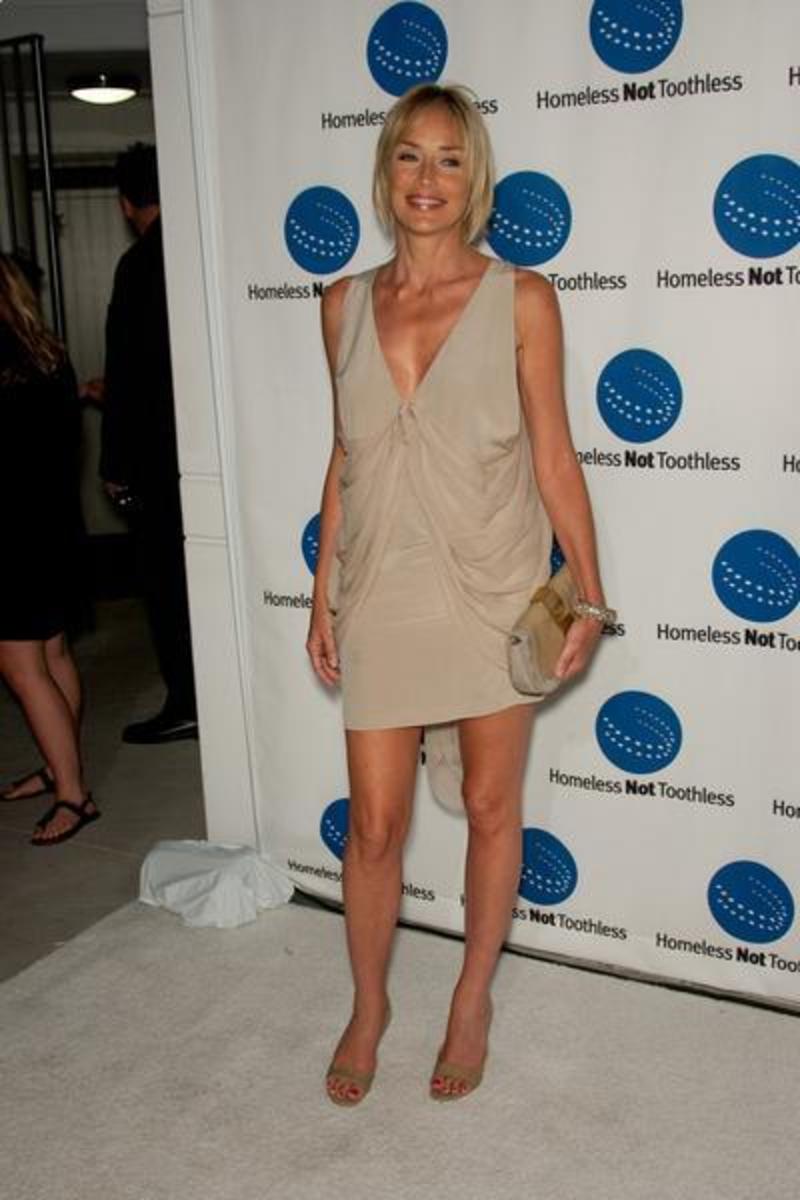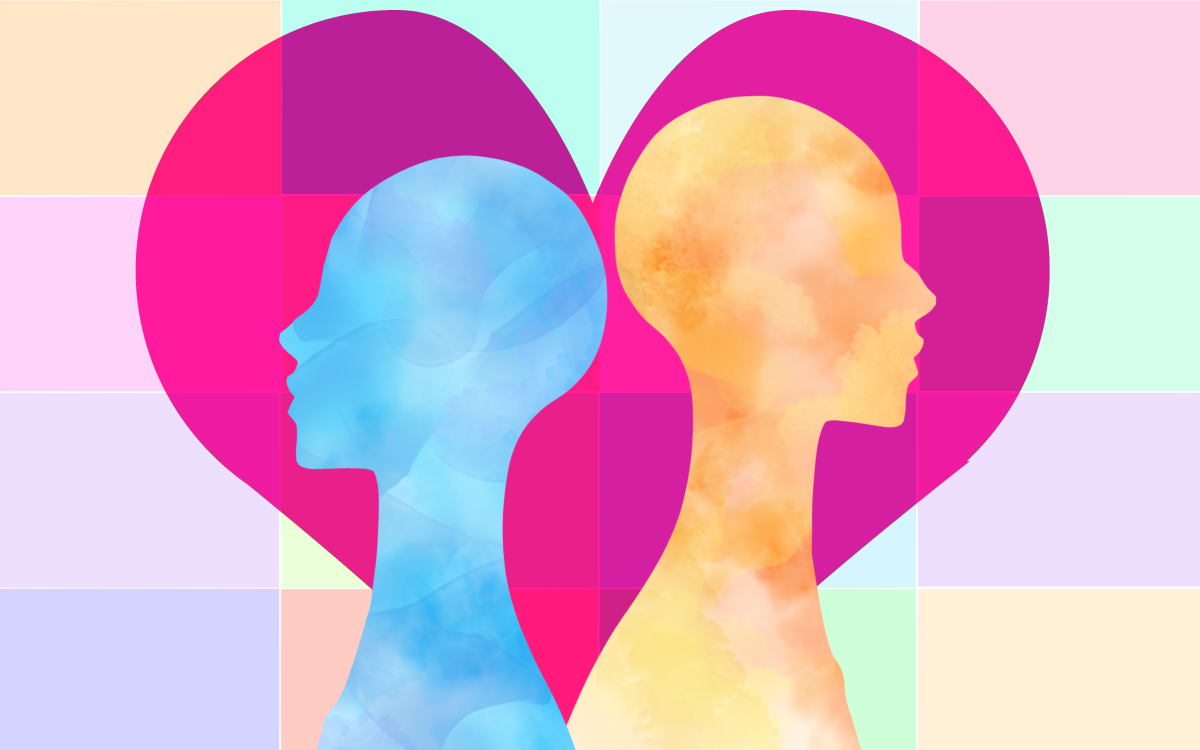Humans Fear TWO Things The MOST- OLD AGE and ........DEATH, Part 1/2





Nothing LASTS Forever
This hub is divided into two parts. In Part 1/2, old age as people's greatest fear will be discussed.
In our society, being young is seen as the most optimal and vital time of life. Of course, this outlook is quite natural and totally understandable. After all, humans function and look their best in their youth. It is a point of contention that our mental powers are most functional acuity and capacity when we are young. Furthermore, we are at our physical peak when we are young.
Our society strongly contends that being young represents the ultimate in physical strength and endurance. Our bodies are very resilient in youth. Such bodies possess the ability to bounce back quickly from injuries and other onslaughts. Our bodies when young also have the ability to survive at higher stress levels e.g. enduring sleepless nights studying for an exam, undergoing an internship, or working overtime. When we are young, our bodies have the capacity to endure and withstand stress. We can party until dawn and still report to school or work in full form.
We are also at our most potent and most fertile when young. Being young is viewed as the ultimate in masculinity and femininity. Young men are deemed to be the ultimate symbols, archetypes, and prototypes of virility while young women are seen as the ultimate symbols, archetypes, and prototypes of femininity. In societies past and present, young men and women are viewed as heartthrobs, even physical incarnations of gods and goddesses.
But as we live, we DO get older. That is the inevitable part of living-either we get older or die . However, many people are not comfortable at the prospect of getting older. As we get older, our bodies no longer function the way it used it. We have to work harder to maintain our attractiveness. Our bodies cannot withstand stress the way it used to. In essence, our bodies rebound more slowly from stress and other occurrences.
Getting older is oftentimes viewed as a negative in our society. To some, becoming older is analogous to starting to decline physically and mentally. Billions of dollars are spent upon anti-aging creams, lotions, and even pills. Plastic surgery has become quite a lucrative business for those from their 40s and beyond. Botoxin is considered the drug of choice for those who want to prevent the onslaught of aging, maintain a youthful appearance, and/or decrease signs of aging. Then there are anti-aging vitamins and other devices designed with the purpose of preventing aging.
Getting older is viewed by many as the harbinger of decline and the start of the dissipation of life as they once knew and lived it. There are those who believe that once they become a certain age, they have to slow down and become more restricted in their purview regarding fashion and other lifestyle choices. To them, getting older is a series of continual negative outcomes and reactions.




The Dreaded "O" ............OLD Age
People fear getting older because they believe that they will become less vital human beings. They also fear that they will become more powerless. Being old is a subject often dreaded, even fraught with fear. Old age is still seen as the beginning of decline which culminates in death. When one reaches old age, he/she is thought to decline physically and mentally.
Old people are perceived to be frail and weak, even unattractive. They are furthermore perceived to be losing their mental capacities to remember and retain data. They are thought to be senile. When one is old, it is argued that he/she no longer has any interests in the outside world, often desiring to withdraw from it to live a more subdued life. Old age is viewed by many as a time to lead a slower life and to be resigned regarding one's life expectations and goals.
Many people fear old age as it means the lessening of their physical prowess. They view old age as the beginning of physical debilitation. They also perceive being old is becoming more physical infirm. They have brought into the paradigm that people who are old are not usually as physically vital as those who are young. They have been inculcated that being old means that they cannot be as active as they wish. They also contend that as one gets old, one's body is more susceptible to injury and has a lower rate of resilience.
Others view old age as even completely losing their physical powers, becoming physically incapacitated. There are many old people who can be classified as physically infirm, depending upon others for even the most simplest tasks. To them, old age means an increasing loss of physical independence and becoming more dependent, losing their sense of power and ownership over their lives. To them, the prospect of losing their physical independence can be quite psychologically immobilizing, even paralyzing.


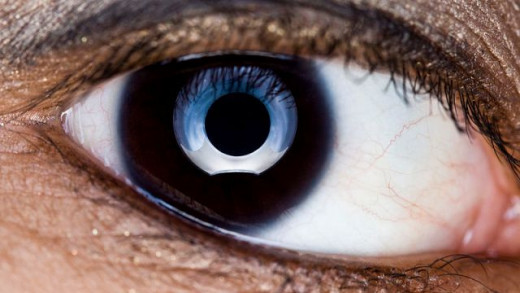

Old Age....................Loss of Physical Vitality
People fear old age because they know that with increasing age, their bodies become weaker. They contend that they cannot be as physical active as they wish to be. In their minds, that means that they have to be more cautious in terms of activity. Their bodies in old age simply cannot withstand the stresses they endured when they were younger. Because of the wear and tear of their bodies, the healing process takes longer if there is a bodily injury. There are also more maladies such as arthritis and other physical ailments associated with old age.
Old people are cautioned not to engage in extremely strenuous physical activities because of the frail nature of their bodies. They are told to use moderation in terms of participating and/or engaging in physical activities. However, there are old people who do as little exercise as possible because they are fearful that even moderate exercise will result in harming their bodies which they cannot rebound from.
There are old people who believe that once they become old, they only do physical activities only when necessary, preferring a mostly sedentary lifestyle. They reason that since they are old, physical activities should be relegated to the young. They feel that because of their age, it is quite foolhardy to engage in any type of physical activity beyond what is considered to be essential. They are of the school that when one becomes old, one acts one'a age so to speak. They believe that old people should live as physically cautious as possible.
Yet, to some, old age means complete incapacity. There are those who believe that when one becomes old, physical incapacity becomes an inevitable way of life. In their eyes, old age is synonymous with being physically incapacitated. They opine that there is no such thing as an old person in peak physical condition. While some accept, even with utter resignation, that physical incapacitation is a part of old age, others dread this occurrence. To them, the thought of being utterly dependent upon others is quite unnerving, even immoblilizing. To be dependent upon others means loss of freedom and power. They see this dependence as a living death and not living life on their own terms.



Old Age......................Gradual Loss of Mental Acuity
One of the greatest fears regarding old age is loss of one's mental capabilities. As one becomes old, it is oftentimes harder to remember and retain data. The mind is not as agile as it was when one is younger. Frequently, it becomes more and more difficult to perform mental tasks. One can even forget where one places articles such as keys. Many view such things as a normative part of age.
Memory loss is commonplace in older persons from the mild to the severe. Sometimes older people joke about having so-called senior moments, not remembering incidents or moments from one minute to the next. Sooner or later, they do recall that particular incident or moment. However, such memory lapses can be serious in nature and the sign of either dementia or alzheimers.
Studies show that as one advances in old age, depending upon hereditary and/or other environmental factors, there is a likelikhood that one will get alzheimers. Alzheimers is a disease which gradually diminishes memory. Memory loss and/or alzheimers is a great fear among people regarding old age. People want to function at their best mentally as long as possible.
To many, loss of mental acuity and/or capacity means living in a vegetative state, being unaware of their environment. It furthermore means being dependent upon others for care and to take care of even their most basic needs. Most people do not want this type of life, seeing this as a less qualitiative life. They want to be in charge of their lives, living at their full mental capacity. Some will even state that they hope to die when they start to become mentally incapacitated as they do not want to be burden to others and to in a state where they are barely existing instead of being fully alive. To them, such a life would be quite hellish.






Old Age....................Facing One's Mortality and the.......INEVITABLE
As one approaches old age, there is a greater realization, even acceptance of one's mortality. There is a knowing that one's physical life is merely temporary and near its end. One is quite comfortable with the fact that death will become a companion either to be embraced or feared.
There are some who have lived a full, engaged life who fearlessly embrace their mortality. They have no regrets as to how they lived their lives as they lived those lives on their own terms. They embraced life with its positives and negatives, learned and grew from their mistakes and relished their successes.
However, there are those who have lived inauthentic lives and now looking back upon their lives, wished that they have lived life by their own, not by other scripts rather parental or sociocultural. Their lives are full of ifs, shouldas, and couldas. As they face their mortality, they feel that they have something in them that they have not addressed whether it is missed opportunities, accessing a talent, having the job/career, and/or relationship they were passionate about. They have now reached the end of their lives, knowing that it is too late-way, way too late to change the course.
There are those who have embraced old age as an evolution of life, to be savored instead of feared. They continued to lead active, engaged, and passionate lives. To them, old age is just another normative aspect of life. As old age is a part of their lives, so is facing their mortality. After all, death is just another phase of life.
Some see old age as just preparation for death. They refuse to view old age as just another period of growth. Instead, they contend that old age is just one long prison sentence. They regret not being young anymore. To them, old age is mostly or all negatives such as decay, decline, degeneration......and death. They adamantly contend that old age is restrictive in that they cannot and/or unable do the things that they desire. They maintain that old age is so oppressive, even depressive physically, mentally, emotionally, and even psychically that death is a reluctant respite from a sterile, gray existence.
There are a few who see old age as mere resignation. They wish for their younger days, viewing their present old age status as bleak at best and abysmally dismal at worst. They feel that their life as they know it is finished forever. They refuse to live, appreciate, and positively experience their old age, preferring to live in the past where everything was better and sweeter. They dread, even detest the fact of their impending mortality. The latter to them is something to be avoided as much as possible until absolutely necessary.
In Part 2/2 of this hub, I shall discuss another great fear that people have- DEATH.
© 2014 Grace Marguerite Williams

